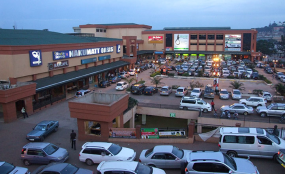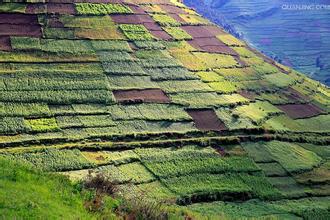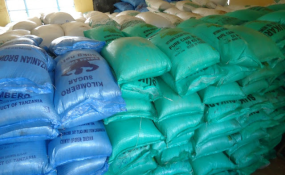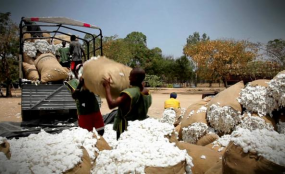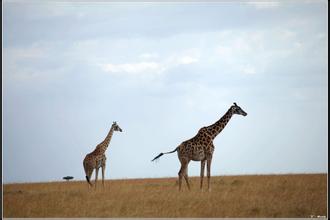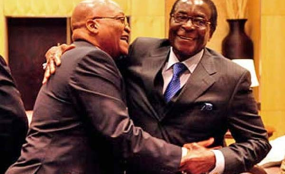By Ali Twaha
Kenyan Supermarket chain Nakumatt is in urgent need of a capital injection. Anything short of that could see the regional supermarket chain falling, writes ALI TWAHA.
As recent as last year, the Oasis mall parking lot, where Nakumatt supermarket is the anchor ten- ant, used to be a beehive of activity. Finding parking space required patience and tact; trolleys dripping with items used to squeeze through cars; and the security men manning the entrance into the mall were constantly opening car boots and shutting doors.
These were the good times at Oasis mall when clients stormed the area in droves. The mall has, however, turned into a shadow of its former self as Nakumatt runs into all kinds of trouble from battles with its suppliers to financial bottlenecks it faces leading to a drop in the numbers of customers going to the mall.
A number of customers continue to complain at how thin and empty Nakumatt’s shelves have become after the supermarket stopped stocking some items because of unresolved disputes with its suppliers. Nakumatt stopped selling some major items such as Coca-Cola, sugar, Heineken and a range of other alcoholic drinks following allegations it had failed to settle its outstanding debts with suppliers.
Management issued a statement last week, explaining the precarious situation the supermarket finds itself in. The company’s managing director, Atul Shah, noted “Like any other business operating in this market, Nakumatt Holdings has faced a number of unforeseen business challenges. These challenges
range from a depressed economy, higher operating costs and extraneous factors including enhanced risk management due to prevailing security threats among others.”
It added: “As expected, these factors have impact- ed on operations on many fronts including cash flow.”
Trouble has been brewing at Nakumatt for quite some time. In April, The Observer reported about a strike at the Kenyan supermarket chain. Then, workers complanied about discrepancies in pay.
Some workers The Observer spoke to at the time said they were protesting against management’s decision to slash their salaries without a reasonable explanation. Others said management at Nakumatt was too arrogant to listen to their pleas.
A source privy to the operations at Nakumatt, who declined to be named, told The Observer that the amount the supermarket owes suppliers is in billions of shillings.
“We are talking about billions. The companies that supplied for all this time are demanding for their money,” the source said.
Shah said they are trying to recapitalize the supermarket. He said they are in the process of “engaging a number of local and international financiers who have expressed an interest in providing financing facilities on mutually-beneficial terms.”
The dilemma in which Nakumatt finds itself represents a peak of a financial storm among international supermarket chains that appears to have come full circle. At first, South African supermarket chain, Shoprite, became the first casuality of the low business sales in Uganda.
Shoprite closed a number of its branches such as the one at Naalya. After Shoprite, Kenyan supermarket chain Uchumi was next in line as the domino effect rolled on.
Uchumi shut down all its branches in Uganda without clearing its debts with suppliers. Uchumi explained that the revenues from its Uganda units were too small to the group and yet the costs were more; in short, Uchumi was operating at a loss.
Tuskys, another Kenyan retailer, was not having it easy in Uganda; the company has closed some of its outlets, such as the one in Bugolobi, as it tries to stay afloat.
Nakumatt’s woes are the latest indicator of how international retailers have probably not understood the Ugandan market so well. While the international supermarket chains struggle, there appears to be steady progress among their local counterparts such as Capital Shoppers and Quality supermarket.
Going forward, Nakumatt’s problems could hurt small businesses that supplied goods and services to the company, leaving them struggling. Uchumi, which filed for bankruptcy in Kenya, is yet to repay all the Ugandan suppliers that it has debts with.

